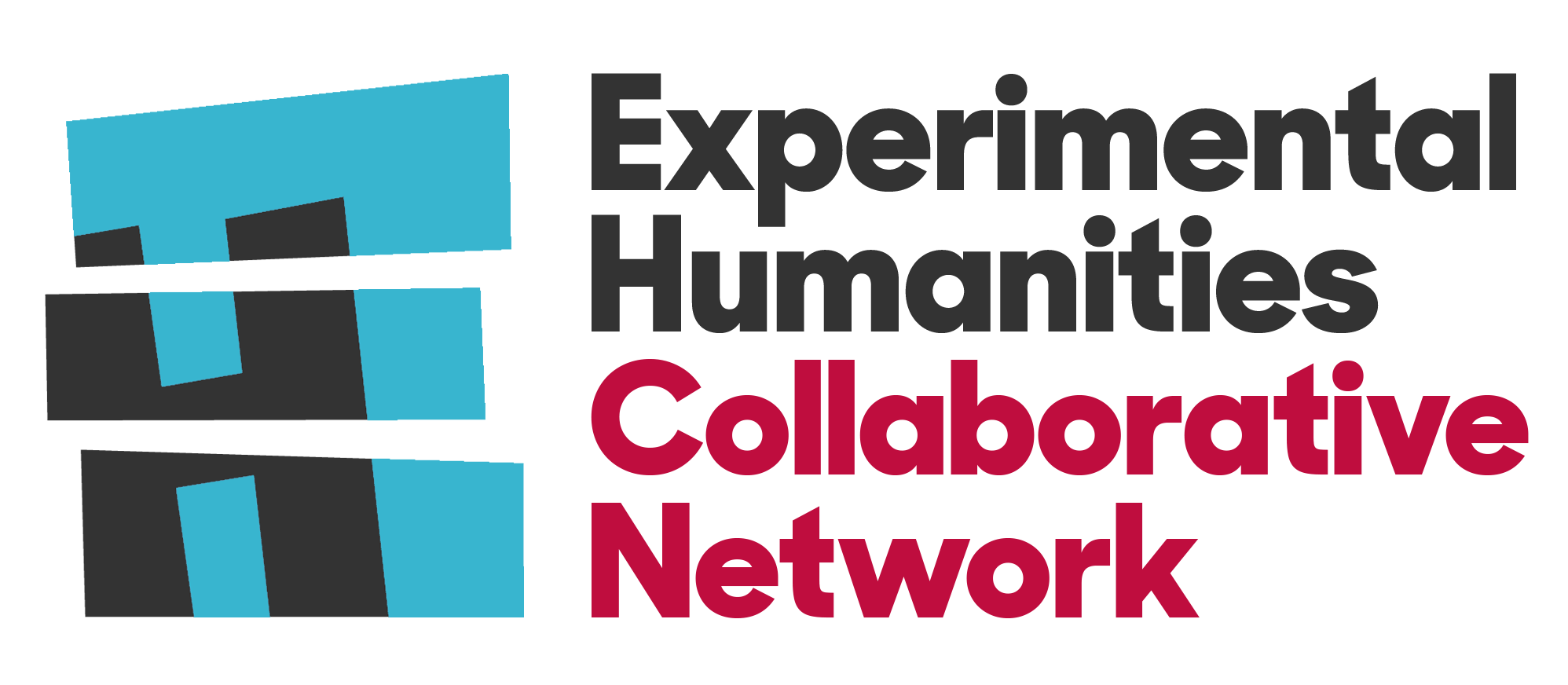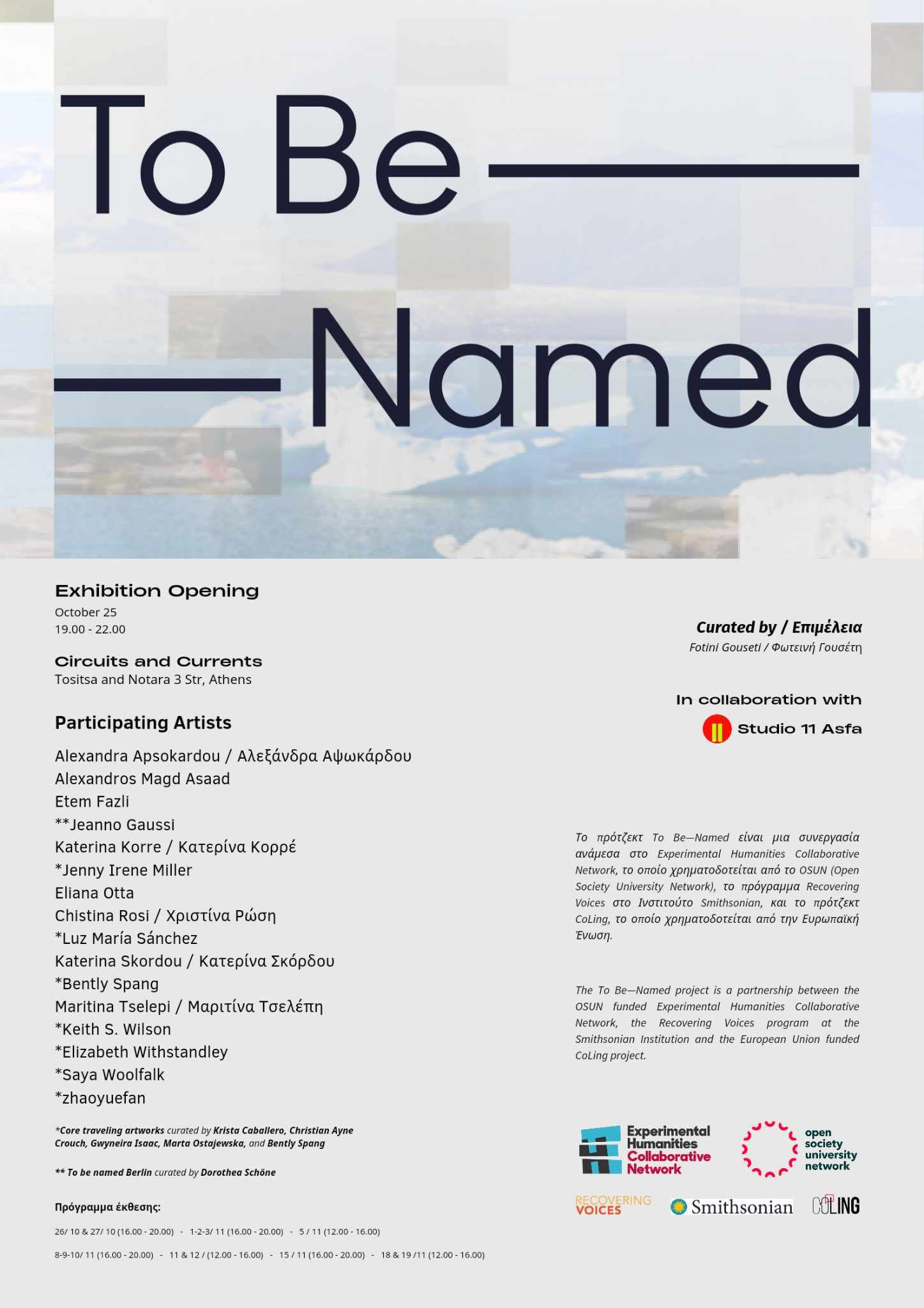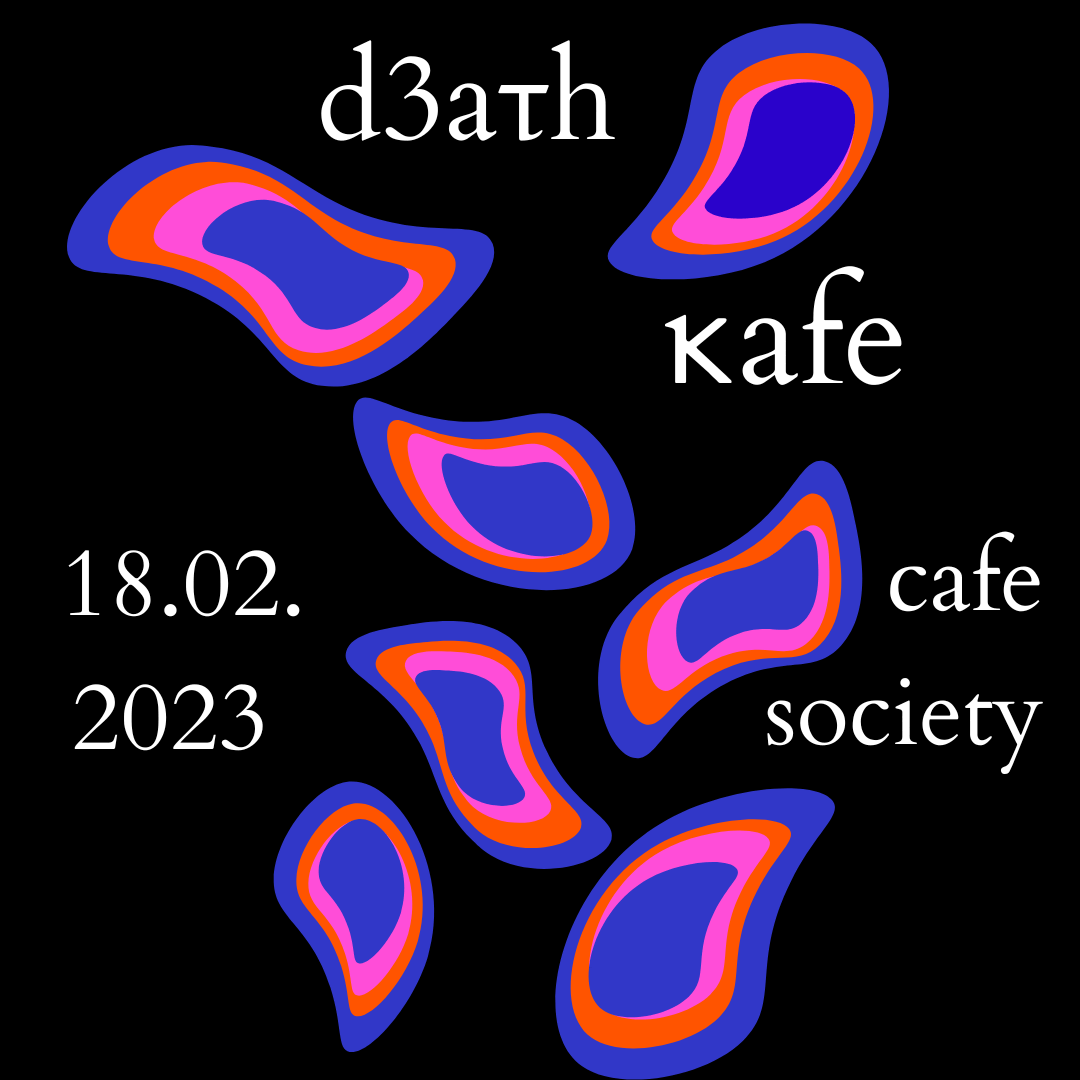Welcome to The Experimental Humanities Collaborative Network
University of Thessaly
Thessaly, Greece
University of Thessaly (UTH) was founded in 1984. UTH is a prominent institution of Higher Education aiming to promote scientific knowledge through teaching and research, and to contribute to the cultural and economic development of the local community, and the society at large. It promotes scientific and academic excellence in all fields of expertise and rewards outstanding individual performances, establishing new scientific research units and fostering an environment that supports innovative actions.
Today, University of Thessaly, with 37 Departments and 8 schools, is the third biggest University in Greece, with its own identity and with a prominent position in our national educational system. Currently, UTH has more than 600 Erasmus Bilateral Agreements with more than 40 different countries, and works in partnership with European and overseas institutions to facilitate academic exchanges, research collaborations and jointly organized academic programs (intensive courses, summer schools etc.) with other higher education institutions.
EHCN Representative: University of Thessaly Penelope Papailias is Associate Professor of Social Anthropology at the Department of History, Archaeology and Social Anthropology at the University of Thessaly, where she directs the Laboratory of Social Anthropology. If the keywords forming the basis for her first monograph Genres of Recollection: Archival Poetics and Modern Greece (Palgrave Macmillan, 2005) were social memory, historical culture and (paper, analog) archives, as time has passed, those fundamental categories have evolved into the core concepts - death, mourning, network culture and the (digital) database - that drive her current research on how the contemporary public sphere is constituted through forensic claims to truth treating the materiality of the dead body as evidence and the spectral presence of the dead that exposes the corpse’s mediality. Threads weaving their way throughout her thinking and research include: the co-constitution of the technological and the political, mediation as a cultural process, the ethics and responsibilities of witnessing and the structures of power that produce alterity. In addition to a Greek-language volume, entitled Digital Ethnography (2015), Penelope has written numerous articles on affective publics and social grief, visuality and violence, public death and mourning of the precarious Other and necropolitics in the context of critical media events, network culture and database aesthetics. Penelope is particularly interested in exploring the possibilities of digital technologies in pedagogy, research, dissemination, and co-production of scholarship, the transformation of narrative in the age of database, and expanding the agenda of experimental humanities. These impulses for collaboration, conviviality and public-facing academic engagement have found expression, elaboration and inspiration in the Pelion Summer Lab for Cultural Theory and Exoerimental Humanities Lab and the “confestival” Data-Stories. Most recently she is co-founder of the initiative decolonize hellas which aims to re-view the place of Greece in geographies and genealogies of European colonialism.Penelope Papailias



